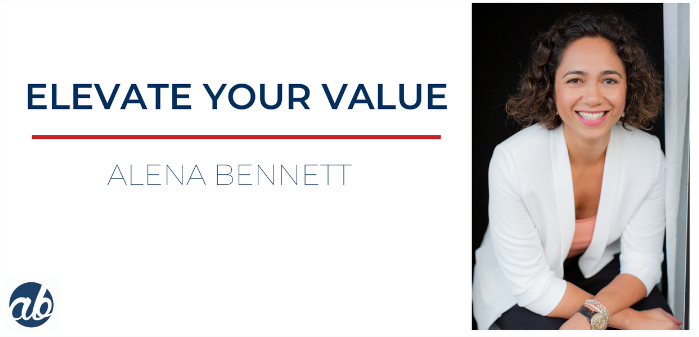This is proving to be far more difficult for our eldest, Leilani, who sees something and just has to have it...now. Walking through kmart is excruciating and even our weekend grocery shopping requires some careful planning, negotiation and expectations management. Her focus of attention is most definitely on fulfilling her short term 'needs'.
Sound familiar?
One of the challenges CFOs have is balancing expectations of short term performance with the decision making required to position their business for long term success. As you know, these 2 frames of reference often don't feel aligned. Of course, when good strategies are developed and accordingly, their short-term friend, the annual budget, alignment is indeed the intention.
The current context, however, is messing with those intentions. The list of macroeconomic conditions that is impacting businesses on every level is causing arguably more disruption and uncertainty than the events of 2020/21. There is more unknown, and the domino effect of the conditions is pervading every inch of the workplace. Yet budgets need to be achieved and strategies are expected to be delivered.
Our people are craving certainty
CFOs are often looked at as the "safe pair of hands", the one who will fix the issues and help the business achieve their targets. CEOs and Boards depend on their CFOs to make the numbers work so the narrative still looks good.
"The CFO must keep the shift floating through rough waters"
- Barbara Kux, global board member featuring in McKinsey.com
The thing is, CFOs can't control the uncontrollable no more than anyone else. What CFOs do possess, however, is some unique skills that can help give everyone the 'illusion of control' they crave and with that, some certainty.
Scenario planning: and underutilised tool
Recently I've been re-reading (well, re-listening) to James Clear's Atomic Habits. He describes the concept of habit stacking which is basically as follows: 'when I [insert current habit], I will [insert new habit]. A common example of this is, 'when I brush my teeth, I'll do 5 squats' (this is one I've actually tried!). It reminded me of the 'if/then' technique - a common technique used in brain based coaching to help establish and embed new behaviours. Whilst this is all great if you want to create new habits, it's actually using the principle of consequences and consequential behaviour.
Which is why I think we need to be using scenario planning more to help bring the illusion of control into our leadership conversations.
How CFOs can get away from being the bad cop
CFOs don't want to be the 'no person'. They'll do everything they can to avoid this stigma, including stall on difficult conversations. I get it. But I don't think that behaviour serves anyone in the long run. And I'm certainly not suggesting we need to invest more resources into highly detailed, resource heavy scenarios probably akin to your budgeting and forecasting processes.
CFOs simply need to pull the use of scenarios alongside the skill of financial translation (which encompasses the art of storytelling) out of their toolkit more often. To describe 'if we take this action, it will have this consequence. But if we take that action, it will have that consequence. And if we take no action, then that will be the consequence'. It can be very empowering to the people on the other side of the conversation. Because you give them options that they get to 'choose' from or at least use to help them make their own decision. You get to make potential outcomes real, instead of letting them spiral in the sea of uncertainty.
This is exactly what we've found with Leilani. When we can make the consequences of her decisions real - ie talk about her decisions in the context of real 'stuff' - we empower her to make better decisions about how to use her money.
It sounds simple. But here's the secret: your people - staff, peers, Board, investors - crave simplicity in complexity.
How are you using the powerful combination of scenario planning and storytelling?
Do you have the space and clarity of mind to keep it simple?
Where can you create more certainty for your business today?


